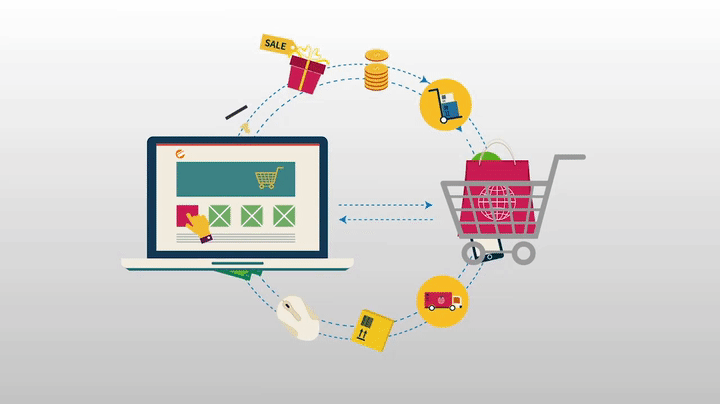Project Info
Client
One of the biggest Logistics Enterprises based in UK, London
Service
Designing a Delivery System with provision for Modular Service Logistics
Technologies
Microservices architecture, AWS, RESTful APIs, Internet of Things (IoT) & Blockchain
Industry
logistics and distribution
Duration
5 Months
Team Size
15 members specialized in Blockchain technology, Logistics management, ERP systems, Sensors engineers & Data engineers
Challenge
One of the most significant hurdles is orchestrating a seamless integration of diverse logistics services within a modular framework. Coordinating various logistics components such as transportation, warehousing, and last-mile delivery, each with its unique requirements and constraints, demands a sophisticated design approach. Ensuring real-time tracking, efficient route optimization, and responsive communication further amplify the complexity of the system.
Solution
The solution lies in adopting an agile and scalable architecture that accommodates modular logistics services. Implementing a microservices-based approach allows for the independent development, deployment, and scaling of each logistics module. Robust Application Programming Interfaces (APIs) facilitate seamless communication and data exchange between modules. Utilizing cloud-based infrastructure ensures scalability and flexibility, enabling the system to adapt to changing logistics demands. Additionally, incorporating intelligent algorithms for route optimization and predictive analytics enhances overall operational efficiency.
Impact
The impact of implementing a Delivery System with Modular Service Logistics Offerings is profound. Streamlining logistics through modularization results in enhanced operational efficiency, reduced costs, and improved customer satisfaction. Real-time tracking and communication contribute to transparency and accountability in the logistics chain. The system's adaptability ensures it can easily accommodate evolving business needs and industry trends. Ultimately, the impact extends beyond operational benefits, positively influencing the overall customer experience and market competitiveness.
Goal
15 Meetings
conducted for discovery between the client and innovaTech team.
+250 Hours
spent by our business analysts for calls and documentation.
8 Weeks
actual duration of the discovery stage.
Core Features of Advanced Delivery System
Modular Service Architecture:Real-Time Tracking and Visibility:

Unified Communication Hub:

Flexible Billing and Invoicing:

Customizable User Dashboards:

Scalable and Cloud-Ready Infrastructure:





